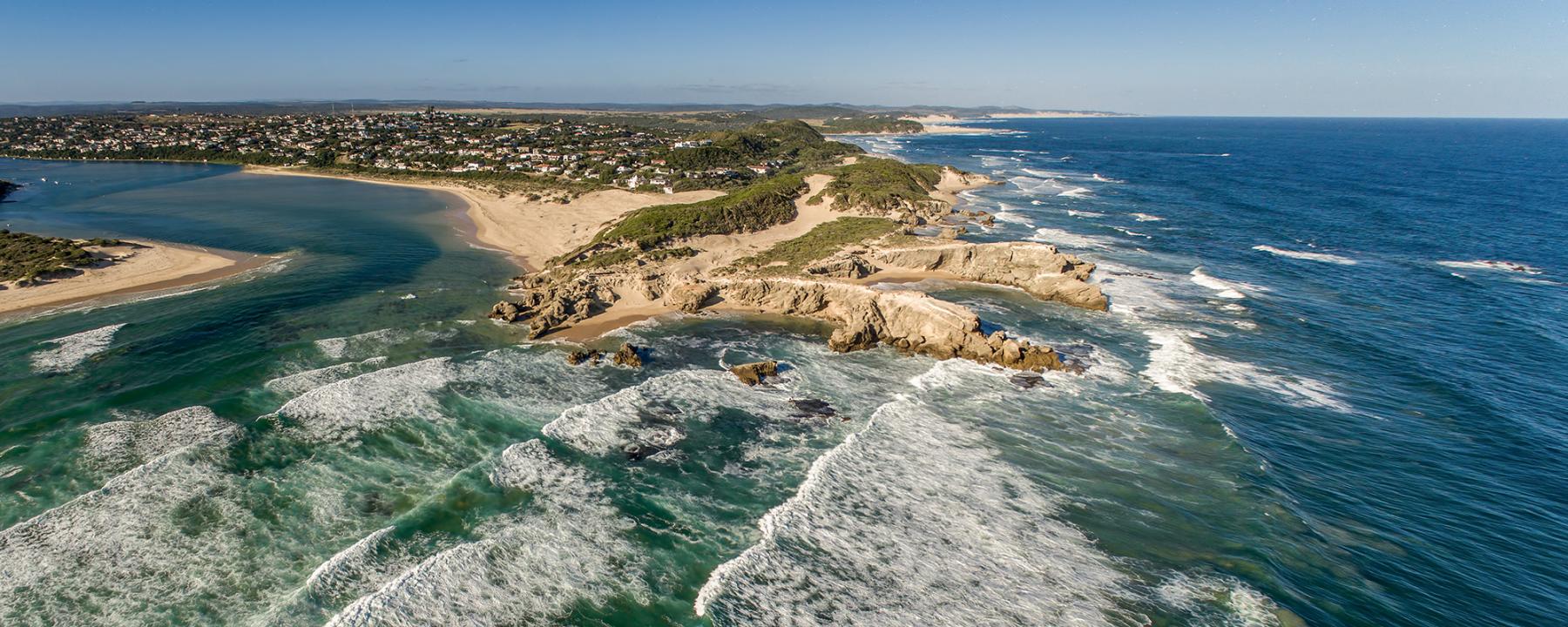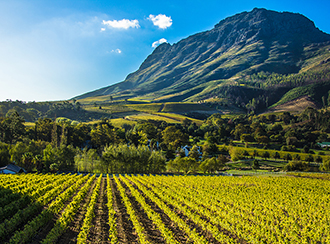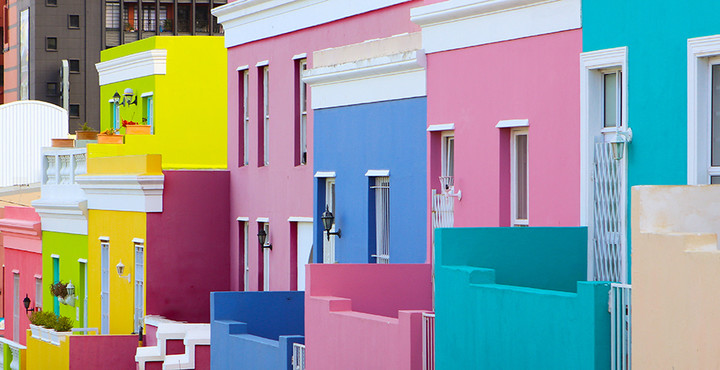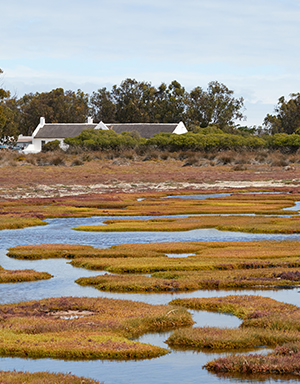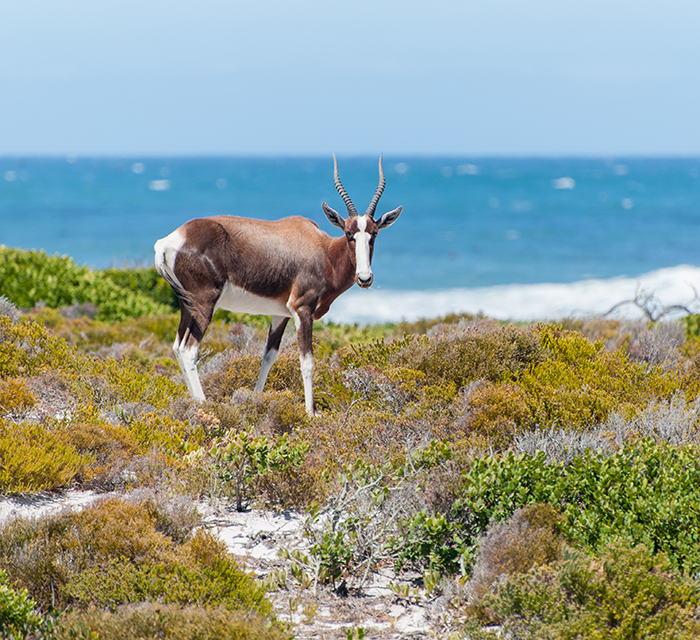From the outlandish, think abseiling off Table Mountain, a catamaran cruise or hang-gliding, to the culturally immersive like Bo-Kaap Museum showcasing the history of former slave houses to an afternoon in the Two Oceans Aquarium - Cape Town covers every niche, with something for every family member.
With adventure, sports of all kinds, history and culture and an eclectic culinary scene, family-friendly Cape Town meets the needs of the whole group. The choice of beaches is endless, and proximity to National Parks and wildlife makes for a thrilling trip.
From Go-Karting to watching seals, cookery classes, educational exhibitions and outdoor adventures, Cape Town is a safe bet for the whole group.
Highlights
• Spend a morning at Boulders Beach enjoying the colonies of African penguins followed by fine cuisine at the Noordhoek Farm Village and a trip to the urban skate park, Battery Park, to round the day off
• Take a trip to the Science Centre for its interactive displays, followed by a frolic in the Company’s Gardens, find out about the San people at the Khwa ttu cultural centre just north of Cape Town
• Take the ferry out to Robben Island (where Nelson Mandela was imprisoned for 18 years), followed by an afternoon at surf school on Muizenberg Beach and finish up with a barbecue dinner
• Head to the Cape of Good Hope Nature Reserve; home to Chacma baboons, large antelopes (elands,) ostriches, rare tortoises, bonteboks and zebras, followed by a pit stop at Monkey Viz for gifts; the shop sells hand-made souvenirs that are intricately made, supporting local women offering work in traditional beadwork.


